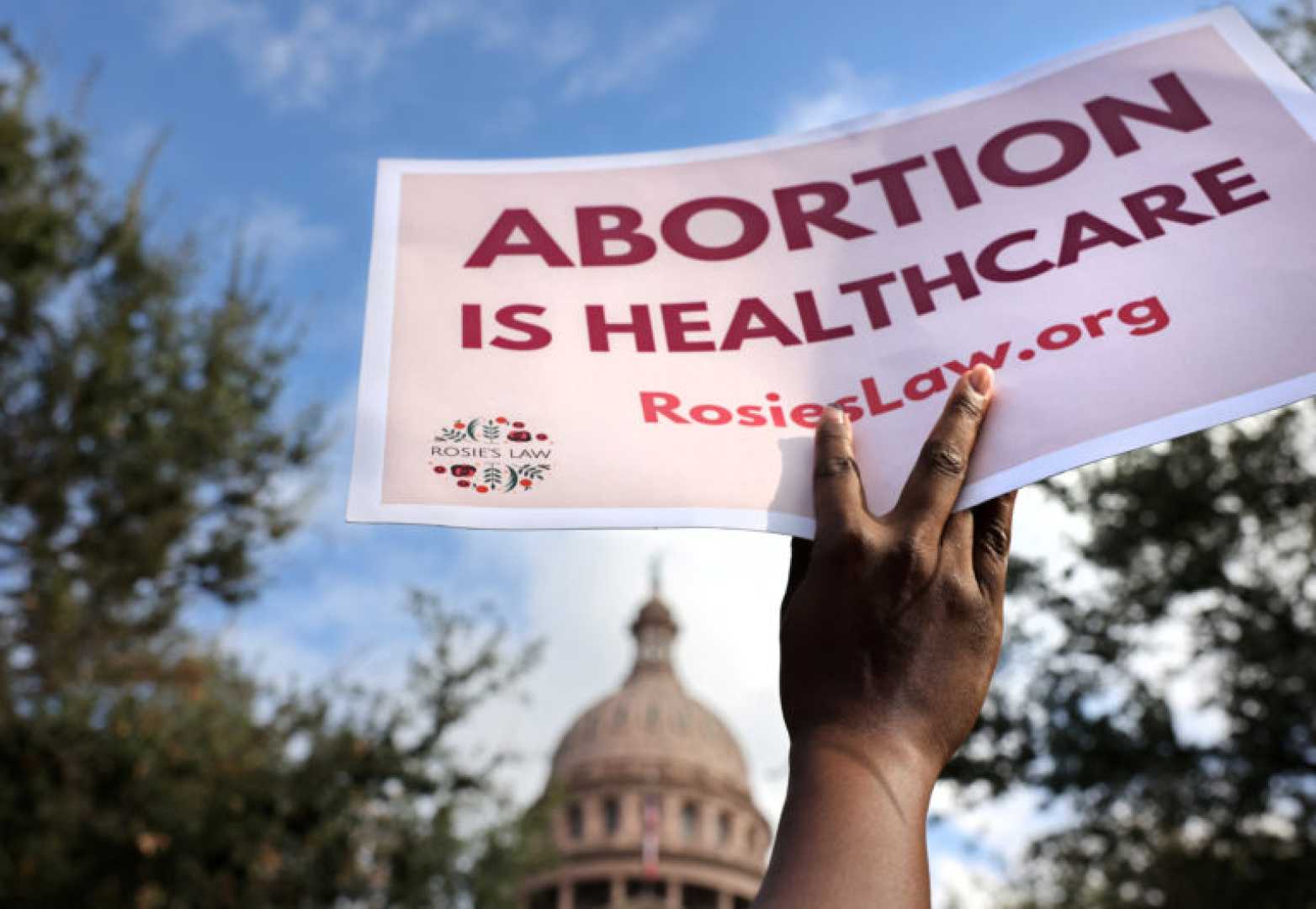Health
Texas Sees Surging Sepsis Rates After Abortion Ban Implementation

AUSTIN, Texas – A recent analysis by ProPublica revealed a troubling rise in severe health complications for pregnant women in Texas after the state enacted a near-total abortion ban in 2021. The study found that the rate of sepsis among women hospitalized during second-trimester pregnancy loss surged by over 50% following the ban.
ProPublica’s investigation highlights a grim trend: while the national maternal mortality rate is decreasing, Texas has experienced a 33% increase in maternal deaths from 2019 to 2023. The data indicates that there were 79 maternal deaths in Texas hospitals in 2018 and 2019, compared to at least 120 deaths in 2022 and 2023.
Dr. Lorie Harper, a maternal-fetal medicine specialist in Austin, commented, “This is exactly what we predicted would happen and exactly what we were afraid would happen.” Her statement underscores the fears many medical professionals expressed regarding the consequences of the abortion ban.
The ProPublica analysis was the most comprehensive examination of hospital discharge data spanning from 2017 to 2023, which aimed to assess the impacts of Texas’ abortion restrictions on maternal health. The findings revealed that the sepsis rate among second-trimester pregnancy loss patients increased from 2.9% before the ban to 4.5% afterward.
Following the implementation of the Texas “Heartbeat Law” in 2021, practitioners are often prevented from providing necessary medical care unless a fetal heartbeat is absent or the mother’s condition is life-threatening. This legal ambiguity has resulted in dangerous delays for patients experiencing miscarriages.
Among the documented cases, two women, who had sought medical intervention during pregnancy losses when fetal heartbeats were still detected, ultimately succumbed to sepsis after being denied prompt treatment. These cases were part of a troubling pattern that has emerged since the legislation took effect.
Many health experts, including Dr. Kristina Adams Waldorf of UW Medicine, reiterated that the lack of immediate intervention has dire consequences: “Once a fetal death is diagnosed, doctors can appropriately take care of someone to prevent sepsis, but if the fetus still has a heartbeat, then they aren’t able to act, and the risk for maternal sepsis goes way up.”
The study by ProPublica prompted some Texas legislators, including Lt. Gov. Dan Patrick, to suggest potential revisions to the existing law to enhance protections for women’s health. Despite this, it remains uncertain whether any substantive changes will be made.
As legal debates continue, health professionals are urging lawmakers to consider the findings of the ProPublica report seriously. Dr. Sarah Prager from the University of Washington expressed, “We have the ability to intervene before these patients get sick. This is evidence that we aren’t doing that.”
The stark increase in maternal deaths and severe complications following an abortion ban raises critical ethical questions about patient care and the implications of such legislation on women’s health. With Texas’ maternal mortality review committee opting not to review data from 2022 and 2023, health advocates are calling for an urgent reassessment of how abortion laws impact women’s health outcomes.












